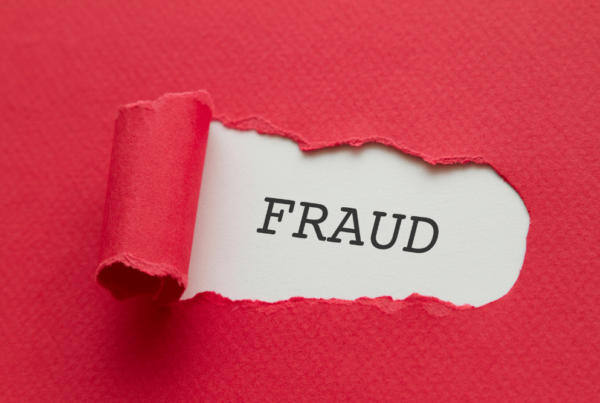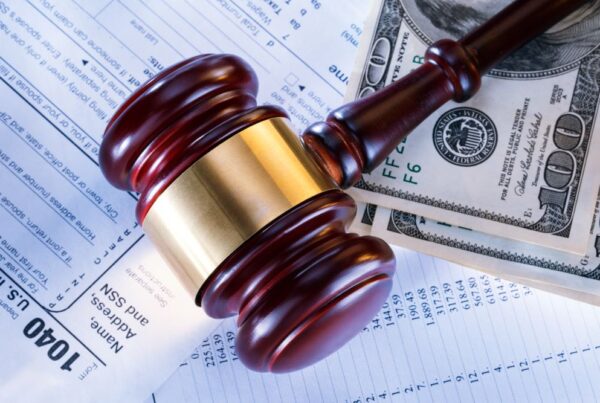If you are a criminal defendant that has been accused of violence or other misconduct against a police officer, it is important to recognize the severity of the crimes filed against you. Even in a time such as now where the media is emphasizing a general mistrust of police officers, police officers are government employees that have many legal protections afforded to them, particularly in the line of duty. Some common crimes against police officers include resisting arrest, disorderly conduct, assault, battery, or harassment.
Evidence
Violence against the police allegations usually arise during the course of an arrest for another crime. The arrestee is frustrated by the circumstances and may act out accordingly. It can be difficult for anyone to remain level-headed during this emotionally-charged time, especially if you are a victim of police misconduct or harassment. Luckily, in the technological age we live in, there are more protections available to criminal defendants than ever before to ensure that police acted within the bounds of the law and their discretion during a stop, questioning, or arrest. Consider that most police vehicles are equipped with audio and/or video equipment that can come to your aid in determining the circumstances of an arrest now, which greatly improves your chances of proving the alleged misconduct against you. Physical evidence, photographic evidence, and witness testimony may also prove helpful in your defense.
The more amount of time that passes between your arrest and your trial, however, the less resources will be available. Tapes get discarded. Witnesses forget important details. This critical evidence can be preserved only with quick action and being proactive in hiring an experienced defense attorney immediately after your arrest will ensure that pertinent evidence is maintained and that your legal rights are protected.
Defenses
Officers acting outside the scope of their employment with the government, or acting off-duty, are generally not protected by the many legal provisions afforded to on-the-job officers. Therefore, if an officer was not acting in the scope of his or her duty, some protections may not apply and the officer may be found personally liable for their egregious actions. Second, self-defense is often a valid defense in these cases as well. If you have been threatened, injured, or felt that your safety was in jeopardy, you often have a right to protect yourself (yes, even against police officers). While fighting back might not have been the best decision, it does not necessarily mean that you did something wrong in the eyes of the law.







Recent Comments